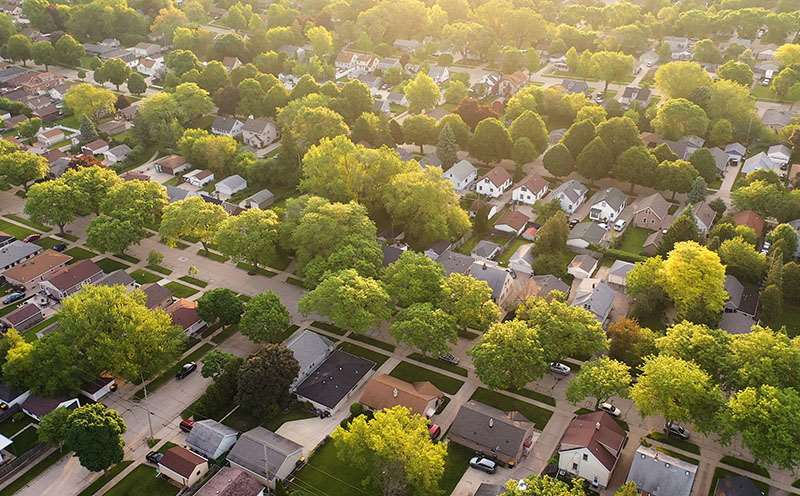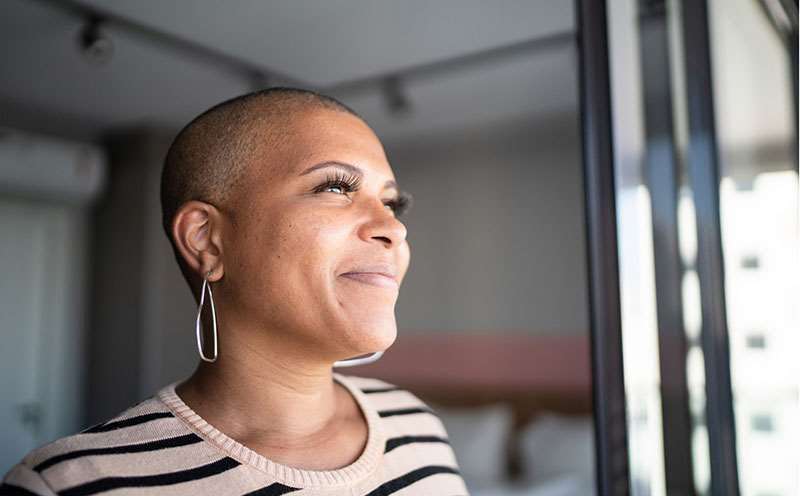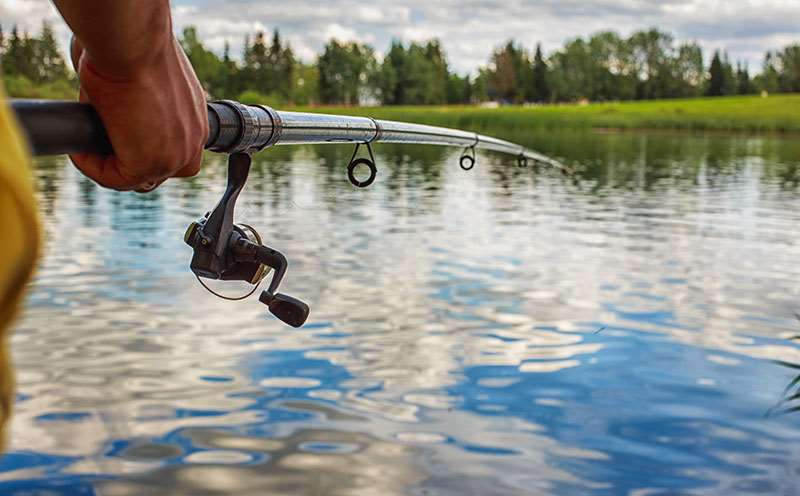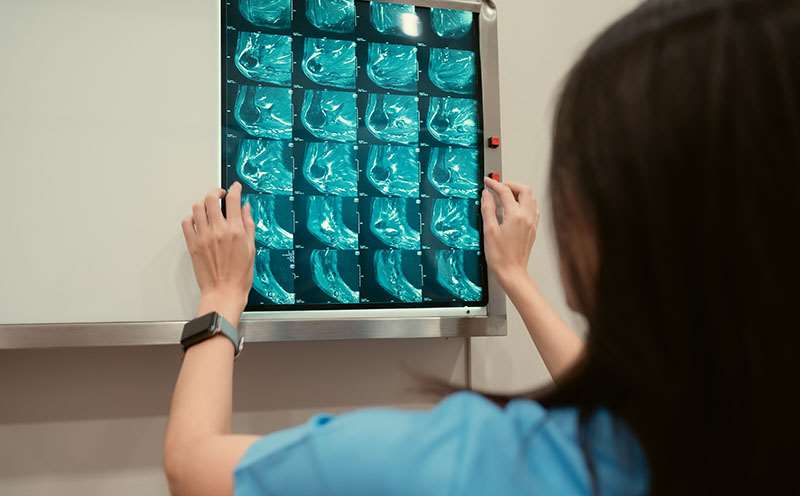Learn About Our Community

Demographic Insights
The MCW Cancer Center is home to a distinct region that includes large and under-resourced populations who experience significant disparities in cancer rates and outcomes. This Catchment Area is defined as a contiguous 29-county region in eastern Wisconsin. Six counties within the Catchment Area are home to some of the most racially segregated and poorest neighborhoods in the state and US. This includes the city of Milwaukee, where the MCW Cancer Center is located. Eighty percent of MCW Cancer Center patients reside in the Catchment Area.
Community demographics:
- 75% of the state’s total racial and ethnic population
- 85% of the state’s African American population
- 74% of the state’s Hispanic population
- 74% of the state’s American Indian or Alaska Native population
- 30% of the state’s rural population

Cancer Incidence
Wisconsin is above the national average for rates of cancer incidence and mortality according to the Centers for Disease Control and sees persisting disparities in geographic areas and among racial and ethnic minority populations. Nine cancers in the MCWCC Catchment Area are higher than Wisconsin and/or the US.
Disproportionate cancers in the Catchment Area
- Female breast
- Prostate
- Lung
- Uterine
- Melanoma of the skin
- Bladder
- Non-Hodgkin lymphoma
- Kidney
- Leukemia
Recent Research and Discoveries

Closing the Breast Cancer Disparities Gap
Black and African American women are disproportionately affected by cardiovascular complications after breast cancer. The MCW Cancer Center is working with the community to prevent ongoing disparities and provide the best patient care possible.
How we're closing the gap
Protecting Our Tribal Communities
MCW’s Dr. Matthew Dellinger and team partnered with the Chippewa Ottawa Resource Authority, the Great Lakes Inter-Tribal Council, and the Inter-Tribal Council of Michigan to create an app informing users about the safest fish to consume in the upper Great Lakes region.
Learn about tribal health
Transgender and Nonbinary People, and Providers, Benefit from Better Awareness of Screening Guidelines
Screenings help catch cancer early, resulting in more promising health outcomes. While the transgender and nonbinary population is growing, the majority are unsure of when and whether to be screened. A new study points to the need for greater cancer education and care.
Learn about inclusive care